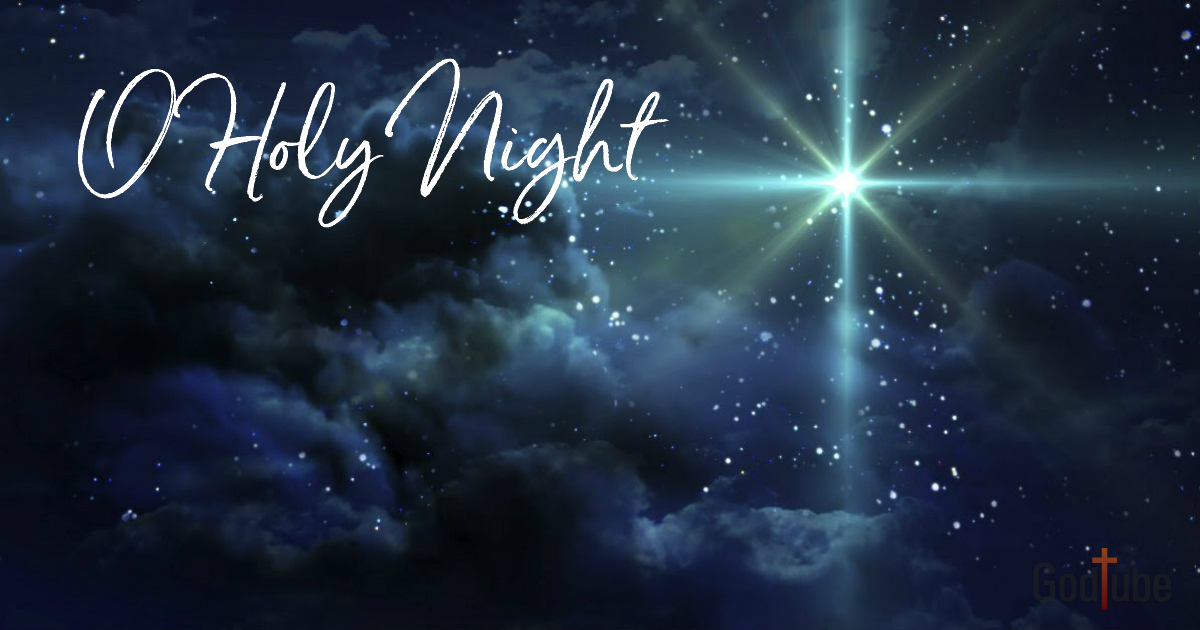
Christmas Eve 1906 was a historic
day for humanity. Reginald Fessenden, a Canadian inventor and university
professor who began his career working for Thomas Edison, figured out that by
combining two frequencies together, radio could do more than simply transmit
Morse code. It would be possible to speak over the airwaves. Thanks to him,
radio became a sound medium.
Three days before Christmas
Eve 1906, Fessenden had notified ships off the coast of Plymouth, Massachusetts
to monitor the airwaves. At the appointed hour, 9:00 PM, for the first time in
history a man’s voice moved through the atmosphere without wires. It was the
beginning of what we call “radio.” According to his own account, Fessenden read
the Christmas story from Luke 2, then he picked up his violin and played, “O
Holy Night”—the first song broadcast in radio history.[1]
(To listen to that broadcast click this link)

Reginald Fessenden
2,000 years ago, there
wasn’t such a thing as radio to spread the Good News of God’s Son breaking into
our planet. However, God dispatched his own messenger service—throngs of angels,
who announced to lowly shepherds outside Bethlehem that Christ was born (Luke
2:8-13). As the hymn says, “Fall on your knees / O hear the angels' voices / O
night divine / O night when Christ was born.”
A commentator for NPR
gave this interesting perspective on the historic 1906 moment, “It was the
birth of a new thing that would utterly change the century that followed. On
the very eve of the day set aside to commemorate that birth described in the
Gospel of Luke. And what was born was an end to loneliness.”[2]
Thanks to Fessenden, a
fellow human being could whisper into another’s ear from far away and reach the
innermost recesses of the imagination. But in an even more profound way, the
birth of Christ into this world is an end to loneliness. Don’t forget the prophetic
name of the Christ child is “Immanuel”—God with us (Isaiah 7:14).
Prophets weren’t enough.
Apostles wouldn’t do. Angels wouldn’t suffice. God sent more than miracles and sermons.
He sent His Son. There is no greater mystery or message than Immanuel. Didn’t He
say, “Lo, I am with you always even to the end of the age” (Matt. 28:20) and “I
will never leave you; never will I forsake you” (Heb. 13:5)? At Bethlehem we
see God with us, at Calvary we see God for us and at Pentecost we
see God in us. The One who came to walk our streets and be touched by
our infirmities, also says He will make our heart His home.
Max Lucado wrote, “In
God’s great gospel, he not only sends, he becomes; he not only looks down, he
lives among; he not only talks to us, he lives with us. He swims in Mary’s womb.
Wiggles in the itchy manger straw. Totters as he learns to walk. He knows hurt.
His siblings called him crazy. He knows hunger. Tempted in the wilderness by
the Devil to make bread out of stones. He knows exhaustion. Sleeping in a
storm-tossed boat. He knows betrayal. He gave Judas three years of love. In exchange,
Judas gave him a traitor’s kiss. Most of all He knows sin. Not his own, but
yours. He knows the agony of the Cross the price it cost to have those sins
forgiven (1 Peter 3:18). Before you knew you needed a Savior, you had one.”[3]
Christmas is the end of loneliness,
because it was the Savior’s first step towards the Cross where He would do away
with the sin that separated us from God (Eph. 2:13). -DM
[1]
David Jeremiah, “O Holy Night: The Story Behind the Song,” Turning Points, December
2019, p. 8.
[2]
Dean Olsher, “Christmas Eve and the Birth of ‘Talk’ Radio,” NPR: All
Things Considered, 22 December 2006
<https://www.npr.org/2006/12/22/6665738/christmas-eve-and-the-birth-of-talk-radio>
[3]
Max Lucado, The Cure for the Common Life (Nashville, TN: Thomas Nelson,
2005), 66-67.
No comments:
Post a Comment